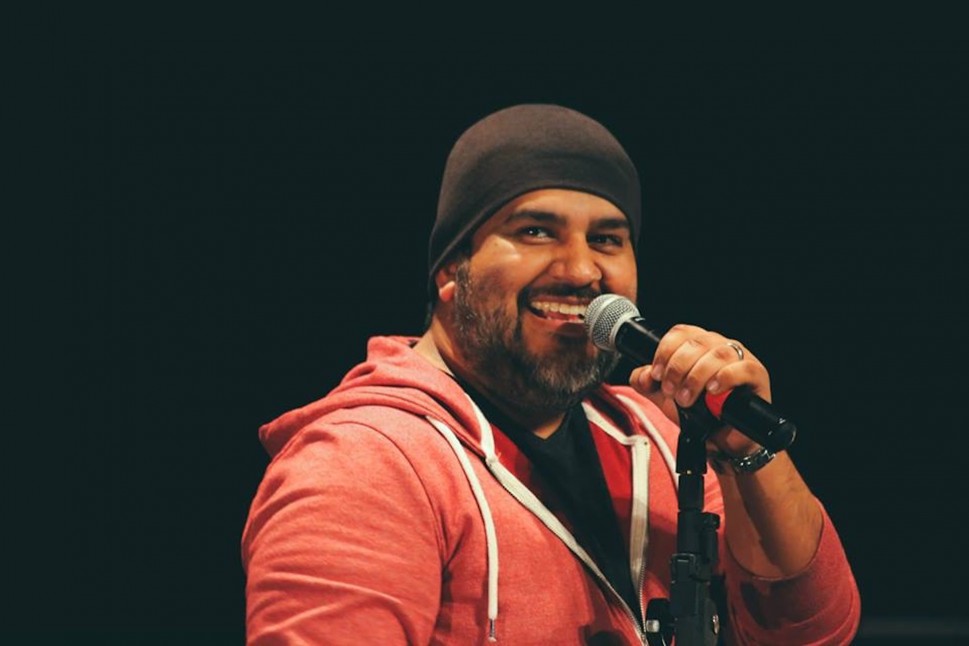
The Texas GOP Has Declared War on Books. I’ve Seen This Before.
For 10 years, I “smuggled” banned books across state lines to bring attention to crucial literature. This year, I won’t have to leave Texas for the fight.
A decade ago, in March 2012, a group of writers, artists, educators, and activists banded together to combat the deplorable actions of Arizona’s state legislature. The state’s lawmakers had recently passed a bill making the teaching of “Ethnic Studies” illegal, along with banning courses that “promote resentment toward a race or class of people” and “are designed primarily for pupils of a particular ethnic group.” The bill also created a list of banned books. Of the more than 80 books that were eventually added to the list, many of the authors were Black and Latinx.
The Arizona law was so restrictive that it made news here in Texas, where we created the Librotraficante Movement in order to highlight the attack on books, educators, and education by “conservative” politicians. Librotraficante means “book smuggler,” and that’s what we did: collect books in Texas and “smuggle” them to Arizona, where those same titles had been abruptly banned. We used all of our book nerd talents to create an old-school freedom ride, collecting 35 bus riders and caravanning to six cities: Houston, San Antonio, El Paso, Mesilla, Albuquerque, and Tucson. We collected more than 1,000 copies of Arizona’s banned books and disseminated them to community libraries through book bundles to Arizona high school students. The Librotraficante Movement has been crucial in giving a voice to students of color across the nation.
A decade later, that work stays with you. Now the attacks are happening right here in the Lone Star State.
In the last legislative session, lawmakers passed Senate Bill 3, which banned the teaching of “critical race theory” in Texas classrooms. Governor Greg Abbott and other Texas Republicans have also called for bans of school library books that might make students “uncomfortable.” State Representative Matt Krause, a Fort Worth Republican, has named 850 books he’d like to see removed from libraries. Like in Arizona, the lists seem to target non-white and LGBTQ authors. This much is clear: The Republican Party intends to deny children access to books, authors and an education that would spur their intellectual growth. And in an effort to satisfy their base, Republicans in Texas are pushing away the one population that needs their attention the most: youth—and more pointedly—youth of color.

State Republicans’ run on libraries and classrooms comes as the state’s demographics continue to shift. In the 2019–2020 academic school year, Hispanic students accounted for the largest percentage of the state’s student enrollment with roughly 53 percent. White students made up only 27 percent of the student body; Black students represented 13 percent, and Asian students represented 5 percent. Each year Texas schools get more diverse, but the same can’t be said for the state legislature.
It’s worth noting that at the same time the Legislature was cooking up Senate Bill 3, the body quietly shot down another bill that could have created a whole new set of possibilities for youth in Texas. House Bill 1504, filed by state Representative Christina Morales (D-Houston), would have allowed school districts to create an Ethnic Studies course as an alternative to World Geography and World History courses. The bill made no mandates but would have granted the thousands of school districts across the state the ability to adapt coursework to their specific student bodies. It was a beautifully fair bill that gained both Republican and Democratic sponsors.
The bill couldn’t survive the state’s intensifying culture wars, however. It was placed on the Senate’s intent calendar in May before dying.
That brings us to the present. For a playbook of how to combat the troubling new actions in Texas, I think back to the last days of the Librotraficante caravan. As we arrived in Tucson, where the school district had shut down a Mexican American Studies course, a few of us were assigned the task of sorting the more than 1,000 books amassed during the caravan. It was early morning—7:30 or so—when we noticed that a tiny group of teens had come by. They quietly approached to see the books and grabbed some, retreating without a word. Later, a young lady grabbed a book and took it away to the corner to read it.
As the day went on, the young lady returned, saying, “Thank you for giving me this moment. I was just about to finish this book on the day the district personnel came to forcibly take the books away from us.” Wise beyond her years, she left us with some parting advice: “I want you to have this book back. Give it to somebody else. I hope somebody can learn from this book.”
As an educator and a writer, those words were especially powerful. If you can get a kid to pick up a book that they haven’t seen in three months, then read it like it’s a sacred text—hell, you have witnessed all that is good in education.
Now, 10 years later, I’m still a Librotraficante. And I’m ready to do it all over again.



